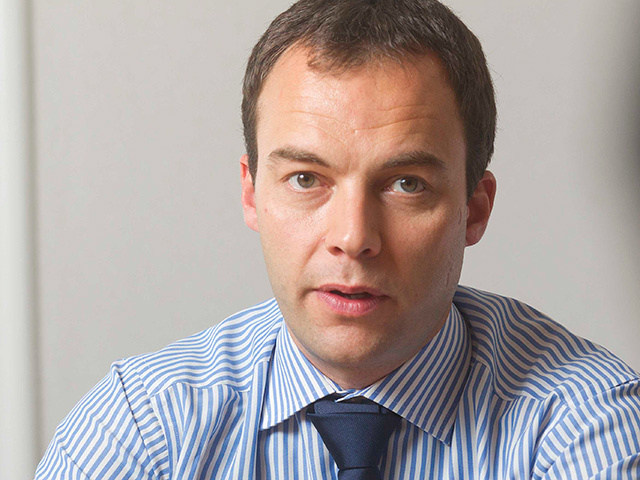
As the personal recollections of my colleague Finlay Crossan show, the terrible human cost of Piper Alpha is still keenly felt by those who worked in the oil industry at the time.
Although I was on summer holidays, an 12-year-old who was just about to make the big jump to Aboyne Academy, I still remember distinctly the television images of the plumes of black smoke rising from the blazing rig and the palpable sense of shock and grief that was felt locally. One of our neighbours, an American, Jody, had worked for Occidental aboard the Tharos, the fire fighting and rescue platform that was used to try and put out the blaze.
Human nature seems to give rise to a pattern which follows a tragedy such as this. After the shock, surge of adrenalin and grief there is a determination to understand what went wrong and, just as importantly, to learn the lessons to make sure it never happens again.
In this case, the lessons to be learnt to prevent a similar tragedy were Lord Cullen’s 106 recommendations following his meticulous public inquiry into the disaster. These were adopted and still form the basis of the UK offshore H&S regime.
The safety case, involvement of the Health and Safety Executive (HSE) and the goal-setting regime (rather than prescriptive regulation) has stood the UK CS oil and gas industry in good stead from a health and safety perspective since then. So much so that the European Commission (EC) recently recognised that the UK operates one of the safest offshore oil and gas H&S systems in the world.
The EC made this observation during a recent review of European offshore oil and gas operations in the wake a more recent disaster, this time in the Gulf of Mexico on April 20, 2010. The lessons of Macondo are likely to place obligations on operators not only in relation to health and safety but also in terms of environmental or potential environmental effects and the clean up following any spill.
The Macondo blowout cost the lives of 11 workers and the oil spill which followed the disaster caused widespread environmental damage. The significant environmental (and economic) effects of the spill are what the EC has focused upon in its recently-announced European oil & gas health and safety directive. This will give rise to new points for governments, regulators, operators and contractors to consider.
The main elements of the preliminary EU directive are:
- licensing rules for effective prevention of and response to a major accident;
- independent national competent authorities responsible for the safety of installations will verify the provisions for safety, environmental protection, and emergency preparedness of rigs;
- emergency planning requires companies to prepare reports on major hazards, containing an individual risk assessment and risk-control measures, and an emergency response plan before exploration or production begins;
- technical solutions presented by the operator need to be verified independently prior to, and periodically after, the installation is taken into operation. Companies will publish information about standards of performance. The confidentiality of whistle-blowers will be protected and operators will be requested to submit reports of incidents overseas to enable key safety lessons to be studied;
- companies will prepare emergency response plans based on their rig or platform risk assessments and EU member states will likewise take full account of these plans when they compile national emergency plans, which will be tested by the industry and national authorities;
- oil and gas companies will be fully liable for environmental damage caused to the protected marine species and natural habitats. For damage to waters, the geographical zone will be extended to cover all EU waters, including the exclusive economic zone (about 370 kms from the coast) and the continental shelf where the coastal member states exercise jurisdiction; and
- offshore inspectors from member states will work together to ensure effective sharing of best practices and contribute to developing and improving safety standards. The EC will work with its international partners to promote the implementation of the highest safety standards across the world. Operators working in the EU will be expected to demonstrate they apply the same accident-prevention policies overseas as they apply in their EU operations.
The UK has adapted and continually pushed oil and gas health and safety forward following Piper Alpha and Lord Cullen’s report. This looks likely to continue, though there will be additional points from the directive to consider. It is reassuring to note that the new directive will not seek to duplicate what has been achieved in the UK, or to compromise our regime, but instead build on the best practice achieved in the UK to raise safety standards across the EU.
Although Piper Alpha was a tragic disaster on a massive scale, the UK is fortunate to have been spared a major pollution disaster from an offshore installation, such as Macondo. The challenge is to continue to learn the lessons of harsh experience that tragedies such as Piper Alpha teach us and to never to rest on our laurels.
Malcolm Mackay is a partner specialising in health & safety law at Brodies LLP
Recommended for you
